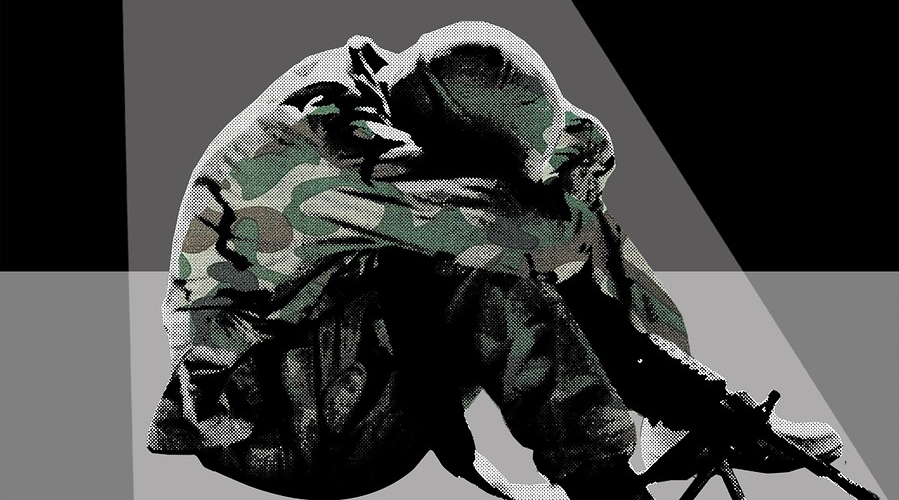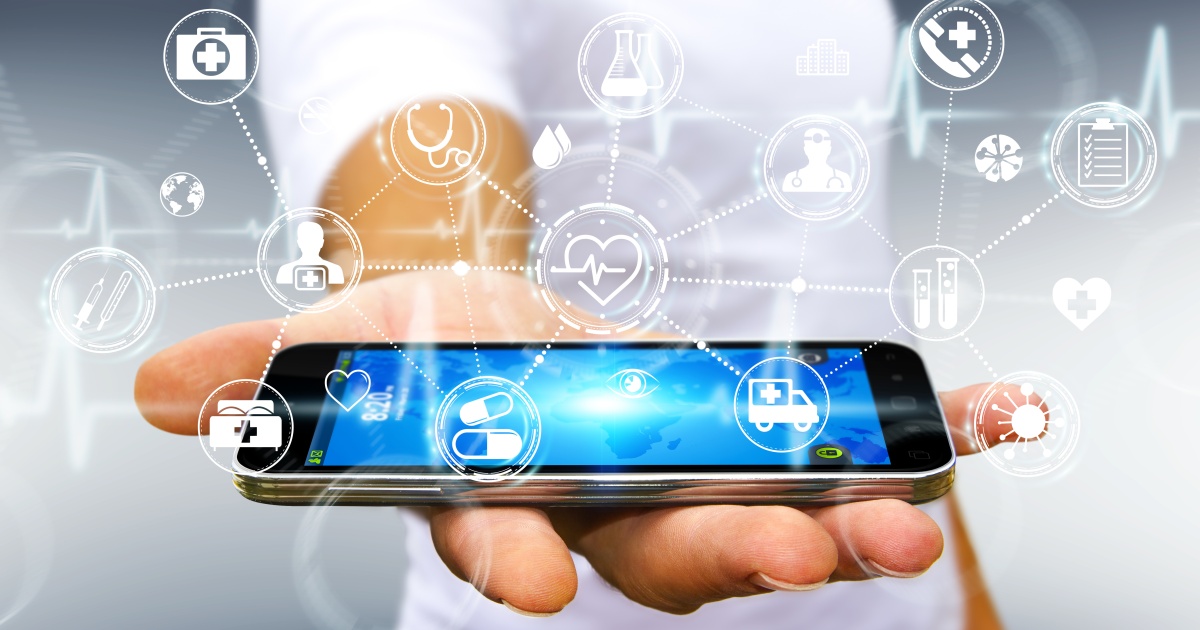
Vidyo, an embedded real-time video healthcare solutions provider, has announced that the Road Home Program, part of the Center for Veterans and their Families at Rush University Medical Center in Chicago, will be using its services for mental health intakes for veterans. The service, powered by the VidyoCloud platform, is designed to provide real-time, face-to-face consultations at no cost for those seeking treatment for post-traumatic stress disorder (PTSD) and related conditions.
Funded by the Wounded Warrior Project, the Road Home Program is committed to helping veterans cope with the invisible wounds of war, during and after their transition to civilian life. Nearly five million veterans live across the U.S., many without adequate access to mental health professionals. Video-enabled tele-counseling provides access to those in need, regardless of their location.
“Vidyo is key to helping us close the gap in rural services,” said Blake Schroedter, Clinical Psychologist, Road Home Program. “We can now reach veterans in remote areas who cannot easily access VA hospitals or find local services. Video intakes help capture trauma related affect, and stabilizes patients with quick recurring care. All of this can be achieved without a single trip to our Chicago campus, saving patients time and money.”
The benefits of video-enabled mental health services include confidential counseling, assistance with reintegration, reduced travel, and easy, flexible access to care. Using the Road Home Program service, veterans can connect to counselors or clinicians in secure video rooms, using desktop or mobile devices via a simple link provided by Rush. Vidyo’s technology delivers a high-quality experience, even in low-bandwidth, rural environments.
“Our mission in healthcare is simple: to empower healthcare delivery organizations to provide patients with access to care, wherever they are, at a moment's notice,” said Michael Patsalos-Fox, CEO, Vidyo. “Mental health assistance is imperative for those returning from combat and military service. Healthcare professionals learned from the past that not recognizing, and treating those who have experienced certain trauma can result in lifelong problems. Rush’s use of the VidyoCloud platform allows the Road Home Program to provide critical tele-behavioral services to veterans.”
The Road Home Program will extend the video service to provide tele-behavioral counseling to veterans located in the state of Illinois. “The next challenge lies in scaling our successes to accommodate a growing population of returning soldiers,” said Schroedter. “According to the Wounded Warrior Project’s 2017 annual survey, 77% of veterans reported PTSD symptoms as their main health challenge. The severity of these numbers suggests the Road Home Program will prove an indispensable model for tele-counseling initiatives nationwide.”
“Video technology is becoming an increasingly important tool to connect Rush patients and providers,” said Dr. Shafiq Rab, CIO, Rush. “That many of the first patients to benefit from this innovation are military veterans is a source of great pride for our entire organization.”
Ken Briodagh is a writer and editor with more than a decade of experience under his belt. He is in love with technology and if he had his druthers would beta test everything from shoe phones to flying cars.Edited by
Ken Briodagh





